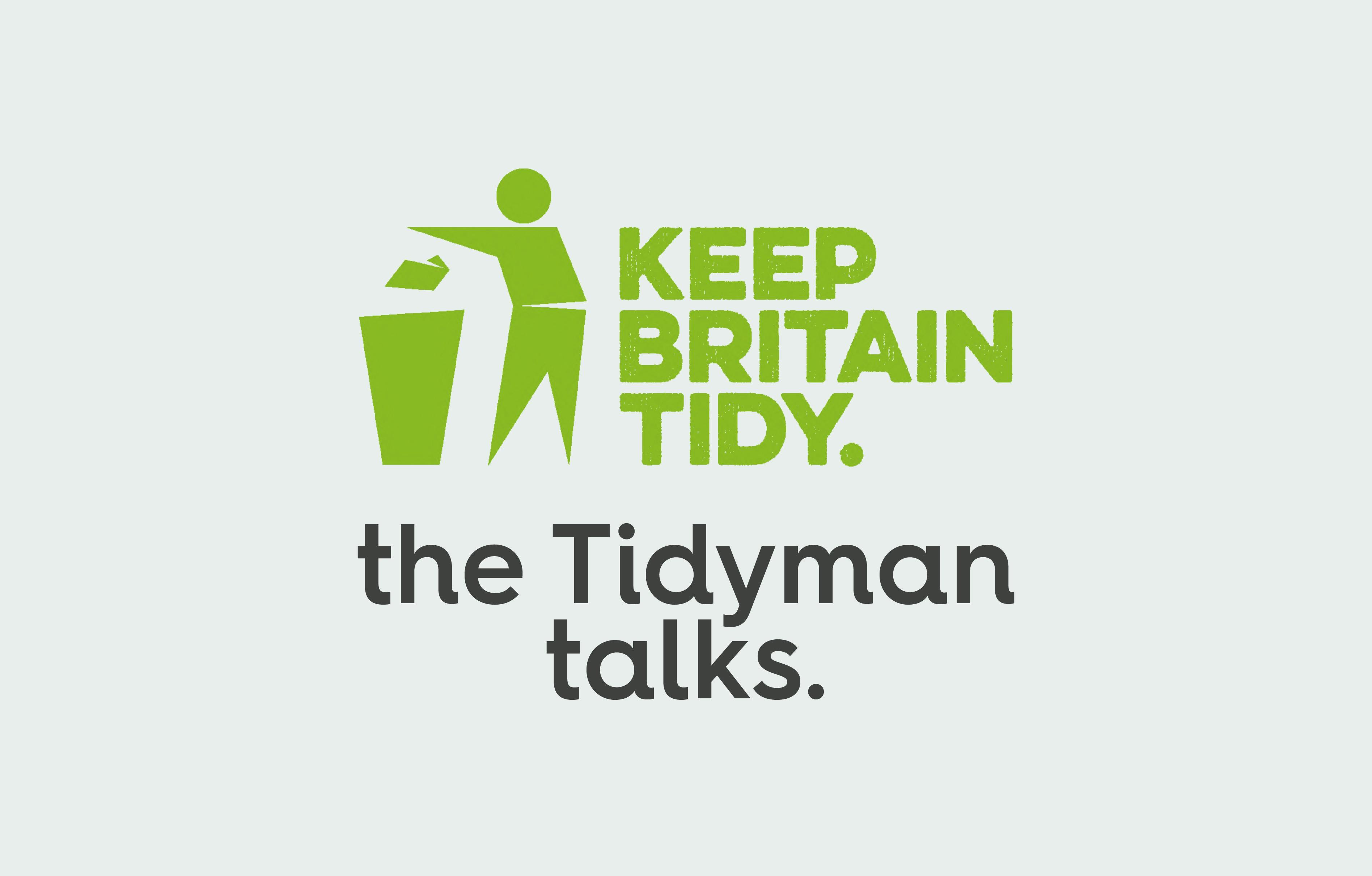03 Jan 2025
What 3 things could we all do for 2025 if we want to have an impact on the litter in our communities?
If you're crafting New Year's resolutions, Keep Britain Tidy has 3 power-packed habits they’d love all of us to embrace.
what 3 things...
Small actions, BIG impact… so let’s count them with Dr. Anna Scott, their environmental expert:
1. waste less, love more.
First up, ditch the “buy new” mindset! Keep Britain Tidy wants us to treasure what we already have. Donate what you don’t need, upcycle tired furniture, repair that faulty toaster, or borrow instead of buying tools. Feeling adventurous? Try renting instead of owning - because waste isn’t just a problem; it’s everyone’s problem. "This way," Dr. Scott says, "we can cut waste, save resources, and slash carbon footprints."
2. pick up, feel proud.
Litter-picking is the underrated hero of community care. Joining a local group or pledging to collect during the Great British Spring Clean (March 21 - April 6) can transform how your neighbourhood looks and feels. It’s gentle exercise, reconnects you with nature, and builds a sense of pride. “It’s a visible difference you can see right away,” Dr. Scott points out. Why not try it? You might even discover it’s strangely satisfying!
3. refill and reuse, repeat.
The average Brit uses 150 plastic bottles a year - yikes! Keep Britain Tidy challenges us to switch to reusable water bottles, refillable shampoos, and glass-bottled milk. “By simply using a refillable bottle,” Dr. Scott explains, “we could stop 7 tonnes of plastic entering rivers and oceans annually.” Less plastic = a happier planet!
why all this matters...
It’s all about the bigger picture.
Litter in the UK is a HUGE issue and according to Keep Britain Tidy, over two million pieces are dropped daily. British taxpayers shell out more than £1 billion annually to clean it up, and the most common culprit? Cigarette butts.
They’re 66% of all littered items, packed with toxins, and can take 14 years to decompose. And the ripple effect? One cigarette butt contaminates 1,000 litres of water, harming wildlife and ecosystems.
The litter we don’t see is just as scary. Much of it ends up in rivers, flowing into the ocean where it harms marine life. Here’s an alarming fact: UK waters host over 30,000 species of wildlife including seals, whales, sharks, turtles and dolphins, but studies show 100% of animals washing up on British shores contain plastic in their stomachs.
Here’s one key takeaway… if you’re not near a bin - keep your litter with you until you ARE!
and it’s not just about the single items dropped…
For many local authorities, fly-tipping is their number one environmental issue and the public purse pays to clear it up. Keep Britain Tidy’s research shows it’s contagious - when you see a site that looks unloved it encourages others to litter or dump rubbish there.
More than one third of all fly-tips are small-van size, indicating it’s being driven by ‘man with a van’ operators who con the public with what appears to be a cheap way of getting rid of their rubbish, but one that leads to illegal disposal and environmental devastation.
Keep Britain Tidy’s campaign, #CrimeNotToCare, has been designed to help local authority partners educate their residents about their responsibilities to dispose of their own waste.

a cleaner tomorrow.
Keep Britain Tidy isn’t just about picking up the mess - it’s about solving the root problem.
They’ve championed successful policies like:
- Carrier bag charges: cutting single-use bags by a whopping 98%.
- Deposit Return Schemes: Incentivising recycling for drinks containers (full launch 2027)
- Ocean Recovery Project: Helping volunteers recycle tricky beach plastics into things like smol’s wonderful coastal candle!
- The Extended Producer Responsibility scheme that incentivises brands to produce refillable and recyclable packaging.
They’re also big on spreading knowledge. The Eco-Schools programme involves 2.3 million kids, teaching them about sustainability and reducing waste.
and a cleaner home?
As part of their ongoing Plastic Challenge, Keep Britain Tidy encourages people to replace plastic sponges and scourers with compostable sponges or coconut husk scourers, and to avoid bathroom or cleaning products with microbeads (little bits of plastic in things like shower gel that go down the sewers to the sea, where they'll remain for years).
Thankfully, more and more brands like smol are taking the threat of plastic pollution seriously and offering refill options for household cleaning products and hygiene products.
so, who wants to be a litter hero?
Think small efforts don’t matter? Think again. In October 2024 alone, volunteers logged over 7,000 hours, collecting 12,000 bags of litter. Volunteering with Keep Britain Tidy isn’t a one-size-fits-all. From litter-picking to judging environmental awards, there’s a way for everyone to pitch in.
As Dr. Scott puts it: “Volunteers are the backbone of our work, and their relentless commitment inspires us all.”
So, for 2025, let’s:
Buy less, reuse more.
Pick litter and protect nature.
Say no to single-use plastics.
Your actions - big or small - can shape a cleaner, greener future. Ready to make that pledge?
Note: A big thank you to Dr. Anna Scott from Keep Britain Tidy for sharing her insights and expertise for this article. To learn more about Keep Britain Tidy’s work, visit their website www.keepbritaintidy.org
*All data and stats are from Keep Britain Tidy

